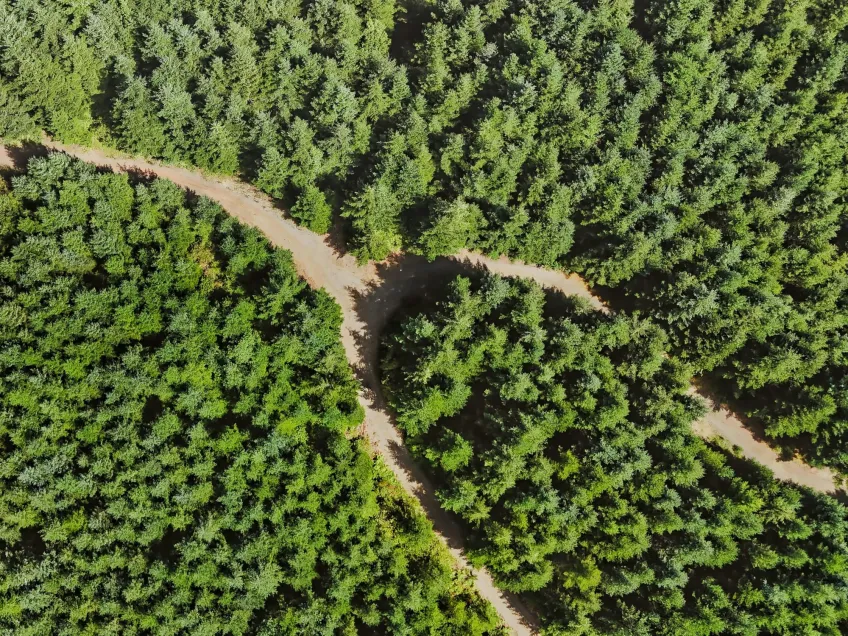Let’s Talk about Swedish Forests: From Polarisation to Sustainable Transition
THEME 2025-2026
Swedish forestry stands at a crossroad. While intensive forest management supports a strong export industry, growing concerns are being raised about biodiversity loss, sustainability, and compliance with environmental objectives.
These conflicting views have led to increased polarisation – rooted not only in policy differences, but in the language and emotions shaping public and political discourse.
This Pufendorf Theme investigates how polarisation around Swedish forests manifests, why it matters, and what can be done to move toward a more sustainable and inclusive dialogue.
By integrating insights from environmental psychology, forest management, ecology, human and physical geography, and political science, the Theme explores how terms like "old-growth forest" and goals like "biodiversity" carry different meanings across stakeholder groups – from the forest industry and state agencies to local and indigenous communities, family forest owners, and civil society organisations. Moreover, the Theme examines potential psychological, societal and sustainability-related consequences of this polarization, such as, e.g., stereotyping, silencing, and biodiversity loss.
Based on these insights, the Theme identifies new strategies for mediation and fairer and sustainable compromises. The team will also explore EU-level comparative studies, broadening the relevance and impact of their work.
Across these various steps, the Theme members apply and integrate a variety of methods, from emotional, discursive and network analyses to spatial tools and stakeholder mappings.
The goal? A comparative research programme on the polarisation regarding forest utilization that result in strategies towards an informed and inclusive debate supportive of long-term sustainable forestry in Sweden and beyond.
Members
Fariborz Zelli (coordinator)
Maria Johansson (co-coordinator)
Thomas Hickmann
Torsten Krause
Jakob Skovgaard
Henrik Smith
Anna Terskaia
Ida Wallin


